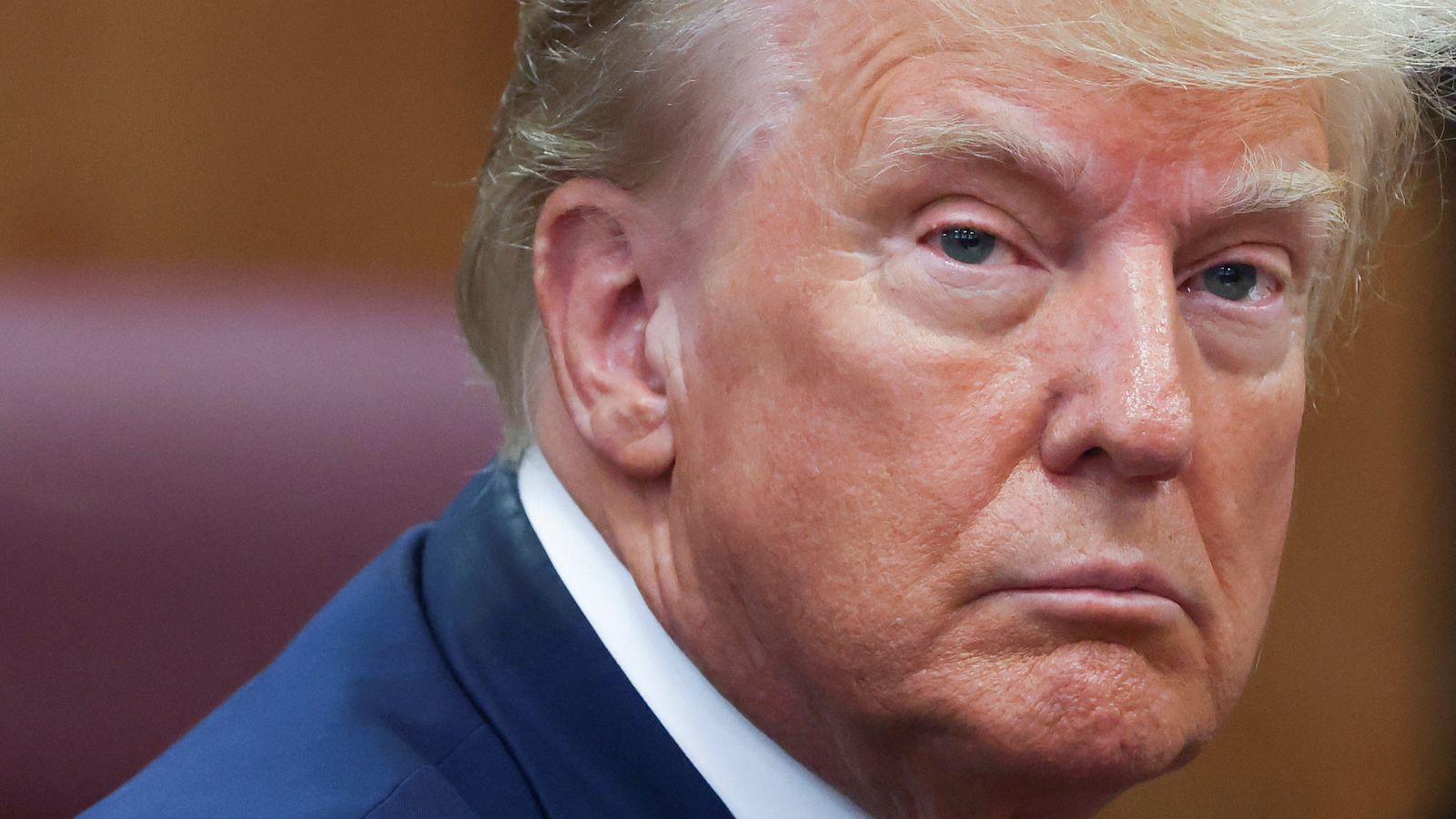
The African continent has emerged as a hotbed for crypto and blockchain activity, with countries like Nigeria and Ethiopia leading the way.
Web3 payments platform Fuse has partnered with ChromePay, an identity-based payment solution, to launch a new suite of payment products in Africa — a move designed to boost financial inclusion on the continent.
The partnership centers around ChromePay’s decentralized identity service, also known as a DID, which the companies claim will enable millions of Africans to participate in the Web3 economy. By utilizing the Fuse blockchain, ChromePay will offer users a variety of Web3 payment services powered by its DID solution. As part of the partnership, Fuse has also awarded ChromePay a grant for an undisclosed amount to build out its decentralized finance (DeFi) and DID services directly on the blockchain.
By integrating with the Fuse blockchain, ChromePay will reportedly enable users to access both traditional and blockchain-based payments directly from their mobile devices.
Related: Identity and the Metaverse: Decentralized control
Founded in 2019, ChromePay launched its payment solutions app in Nigeria in 2021 following a successful pilot. The company’s next milestone is the launch of its Fuse-powered DID in Ethiopia, a country that has made notable strides in its crypto adoption.
Crypto is booming in Africa!
A new report reveals venture funding for African cryptocurrency startups grew 11x in 2022.
(Reporting via @ezrareguerra) https://t.co/aJwcPQSr9V
— Cointelegraph (@Cointelegraph) May 23, 2022
As Cointelegraph explains, decentralized identity is an emerging concept within Web3 that enables trusted data exchange. In practice, DIDs allow users to manage and administer their digital identity without reliance on a centralized third party.
Africa has become a hotbed for crypto and blockchain activity, with significant populations in Kenya, Nigeria and South Africa turning to digital assets for access to financial services. This trend was identified by the United Nations in a June 2022 policy brief, which described the “unprecedented pace” of crypto adoption during the pandemic.







